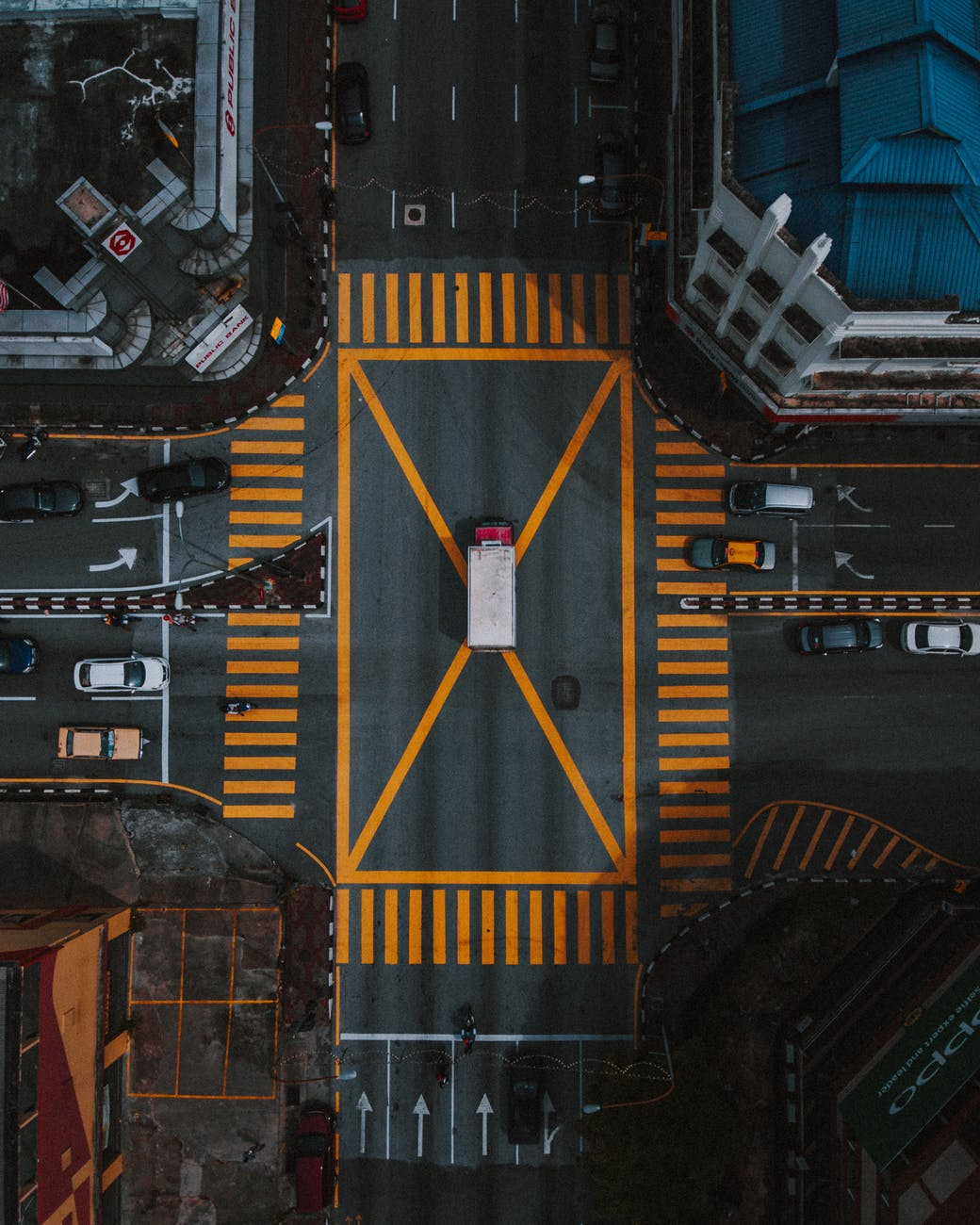Now Reading: Duties of an Indian Ambassador in Foreign Country
-
01
Duties of an Indian Ambassador in Foreign Country

Duties of an Indian Ambassador in Foreign Country
INTRODUCTION
Diplomatic Agents are those agents who reside in foreign countries for a specified period of time as a representative of their state from which they have been dispatched. These diplomatic agents have various functions, powers and immunities and they establish a friendly relationship and carry out political and legal transactions between home state (the state from where they have been dispatched) and accredited country (to the country where the diplomat is accredited). They provide an important link between both states.
HISTORY
This custom of sending their agents and receiving agents from states has been in practice since the ancient period in India and they are called as Doots, these doots were sent to states for a specific purpose on a temporary basis and would return after the purpose is fulfilled. This practice was not uniform nor they were sent permanently to the accredited state. The practice of sending diplomatic agents permanently/specified long period started since the British period when they wanted to establish trade and business with ‘Foreign European Powers’. In 1783, September 23, the East India Company’s board of directors passed a resolution to establish an Indian foreign department for conducting trade, secrets and business politics. This continued to expand as diplomatic representation, wherever the Britishers needed themself to be represented for their benefits.
In 1935, the GOI Act has elaborated clearly on political and foreign sector functions in the Indian foreign department, but they realised that it was administratively imperative hence a separate external affairs department was set up. The Indian government in the year 1946, decided to form Indian foreign services to be commercially represented overseas through diplomats and consular which we now call as the ministry of external affairs and commonwealth relations[1].
Simultaneously in the international platform, permanent legation became a general institution by the second half of the seventeenth century. Later, the state has given certain duties, privileges and rights to them which were almost similar in nature. This led to the development of customary rules of international law. For the first time, the customary rules of the international law on the ranks of diplomatic representatives were codified in the Congress of Vienna in the year 1815. But that was not the end. The institution of diplomatic agents kept continuing even after 1815. After the establishment of united nations, the international law commission was given a task to codify the laws relating to diplomatic agents and they submitted their draft in the UN assembly. UN Assembly called up for a conference at Vienna in the year 1961 on April 18 about diplomatic relations, eighty-four states have participated in the conference and this conference was named as Vienna convention which came into force in the year 1964 after twenty-four states ratifying this convention. However, this convention doesn’t solely to be considered an instrument for having diplomatic agents’ other customary laws are governed where this convention has not expressly mentioned those of few provisions[2]. The institution of diplomatic representatives has come to be the principal machinery by which intercourse between states is conducted at present.
AMBASSADORS:
Vienna Convention has classified diplomatic agents into 3 classes, in which Ambassadors are highest in rank, considered as personal representative of their home state and hence, they enjoy highest, special honours then other two classes. Oppenheim (German Jurist, regarded as the father of the modern discipline of international law) says that Ambassadors are also called a mouthpiece of his/her home state and to the foreign department, for communications made to the accredited state.
The home state sends these ambassadors to reside in the accredited state in order to maintain diplomatic relations with the accredited state and these ambassadors have to represent in benefit/ interest of the home state on a wide variety of issues both at home and at abroad. Ambassadors are sent along with diplomatic staff such as technical staff, administrative and service staff. These staff shall be from the home state only. Ambassadors claim the title of excellency and they shall have various important functions to perform while having access to the various honours and immunities available to them. Presently, India is maintaining diplomatic ties with Afghanistan, Iran, Israel, USA, Russia, Japan, Bhutan etc.
FUNCTIONS OF AN AMBASSADOR:
- REPRESENTATION: Ambassadors shall represent in benefit/interest of their home state in the accredited state on a vast variety of issues both at home and at abroad which includes trade and investment promotion, cultural interaction, political and economic cooperation, media and press, military involvement between both countries and also hosting in multilateral issues.
- PROTECTION: Ambassador’s utmost priority is to protect its home state’s national security in the accredited state and protecting legal rights, properties and providing consular facilities of its citizens/national who are residing in the accredited state[3]. Help out the refugees who are stuck in dangerous situations, providing passports, legalization of signatures, registration of birth, marriage and death subject related to his/her home state.
- NEGOTIATION: Negotiation is the most important function of ambassador to perform. Ambassadors negotiate on various aspects with the accredited state on behalf of the home state in order to maintain peace and have friendly relations between two states. The negotiation outcome shall be intimated to the home state on a time to time basis.
- OBSERVATIONS: The ambassador shall observe the regular happening of events in the accredited state especially with the events which might affect relations with his/her home state and he/she shall update by sending periodical or special reports to the foreign department of the home state.
- PROMOTION OF FRIENDLY RELATION: Ambassadors shall always promote friendly relationship and develop social, cultural and economic relations between the two states.
- WORK FOR PEACE: Under the coordination of head of the state and defence ministry of the state, the diplomatic agents’ the mission is to work together peacefully and fight against illegal, immoral acts like international bribery, human trafficking, drug trade and international terrorism[4].
Apart from these functions, they shall be appointed with other specific functions and shall be performed only by them. These ambassadors are been protected with various immunities provided them by the home state such as the inviolability of diplomatic agents include staff and family members, inviolability of premises, immunity from the local jurisdiction, giving witness, immunity from taxes and custom duties, immunity from inspection of personal baggage, right to worship, freedom of movement and travel, freedom of communication, immunity from social security, local and military obligations.
Ambassadors play an important role in passing confidential communication with foreign countries and in shaping the foreign policy of their home state.
SOURCES:
1. https://www.tutorialspoint.com/what-is-the-role-of-an-ambassador-in-a-foreign-country
2. http://www.legalserviceindia.com/legal/article-1173-role-of-ambassadors-and-high-commissioner.html
3. https://law.jrank.org/pages/4281/Ambassadors-Consuls-Powers-Duties.html
4. https://www.mea.gov.in/indian-foreign-service.htm
Book reference – International law and human rights by Dr H.O. Agrawal, 22 edition 2019, central law publications, Chapter 21- Diplomatic agents, page no. 311.
Citations:
[1] See for reference “Ministry of External Affairs website, GOI- about us.” Checked on 08-06-2020. https://www.mea.gov.in/indian-foreign-service.htm
[2] See for reference “International law and human rights by Dr H.O. Agrawal, 22 edition 2019, central law publications, Chapter 21- Diplomatic agents, page no. 311.
[3] See for reference- “What is the role of an ambassador in a foreign country on tutorials point site published by dev Kumar on 02-Jan-2019 12:00:01.” Checked on 08-06-2020.
https://www.tutorialspoint.com/what-is-the-role-of-an-ambassador-in-a-foreign-country
[4] See for reference “Role of Ambassador and High commission, published on legal service India site by Ayushi Detha.” Checked on 08-06-2020.
http://www.legalserviceindia.com/legal/article-1173-role-of-ambassadors-and-high-commissioner.html

P. Vaishnavi, a dynamic individual and an academic scholar pursuing her BA.LLB(Hons.) degree at ICFAI Law School, Hyderabad. Her interest lies in media and environmental laws.










